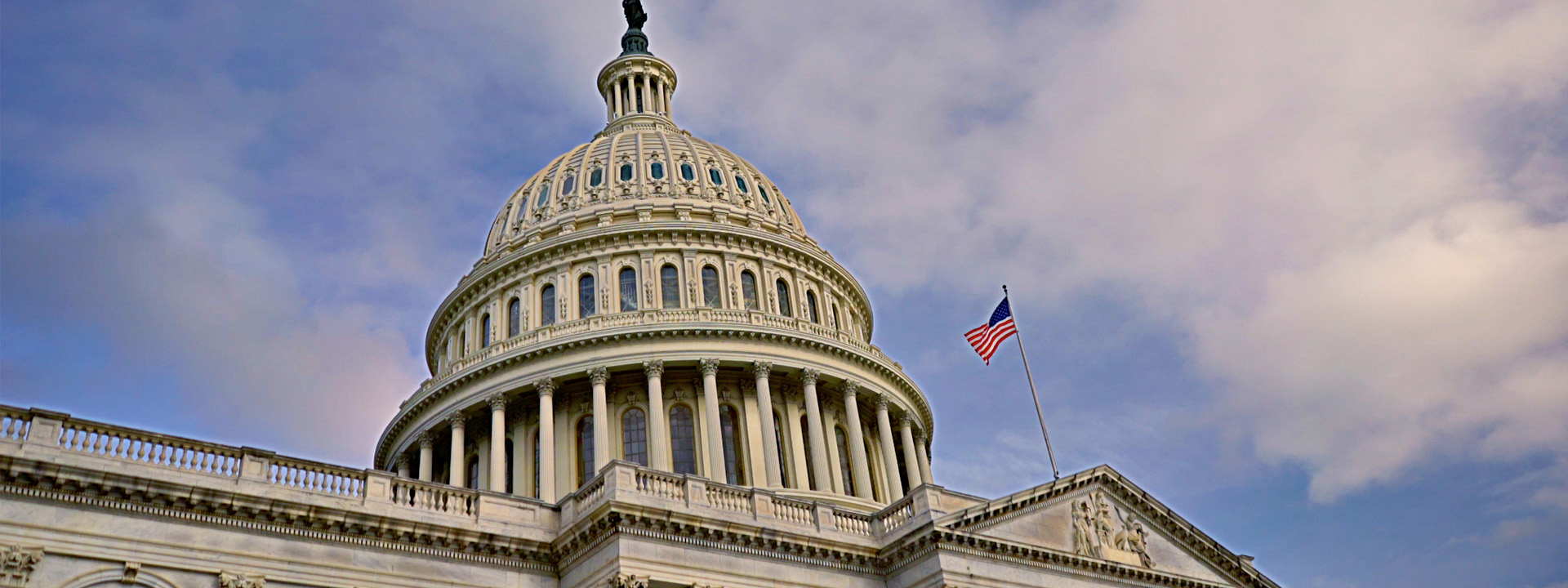Interoperability and connectivity used to be the holy grail, and we've come a long way. In 2020, Surescripts connected 2 million healthcare professionals and organizations to actionable intelligence for 324 million patients—that’s 98% of the U.S. population.
But to truly improve healthcare for all, interoperability is just the start.
Two innovations in clinical intelligence are helping prevent lapses in care, avoid missed care interventions and close gaps in care management that plague the system today. Non-adherence has been attributed to over $105 billion of avoidable healthcare costs.
And this technology is more important than ever after the demands 2020 made on American healthcare. COVID-19 caused patients to miss or delay necessary health appointments, so health systems, hospitals and clinicians will need to prepare for the negative results of postponed care.
Medication histories, notifications of care transitions and adherence notifications for such patients—especially for the at-risk or newly-at-risk populations—will be crucial for better health outcomes.
Flagging Care Events Proactively
As recently as 2017, 26% of physicians said they did not receive hospital discharge summaries in time for most follow-up appointments. Surescripts Care Event Notifications sends providers and care managers notifications of clinical history events that occur for their patients, such as the patient going to a doctor, presenting at a hospital, being admitted and discharged, receiving medication, and more. By getting these notifications, providers can take steps to follow-up or intervene with the patient way before the patient even schedules an appointment or shows up to their facility.


 Dean Riggott Photography
Surescripts
Dean Riggott Photography
Surescripts





